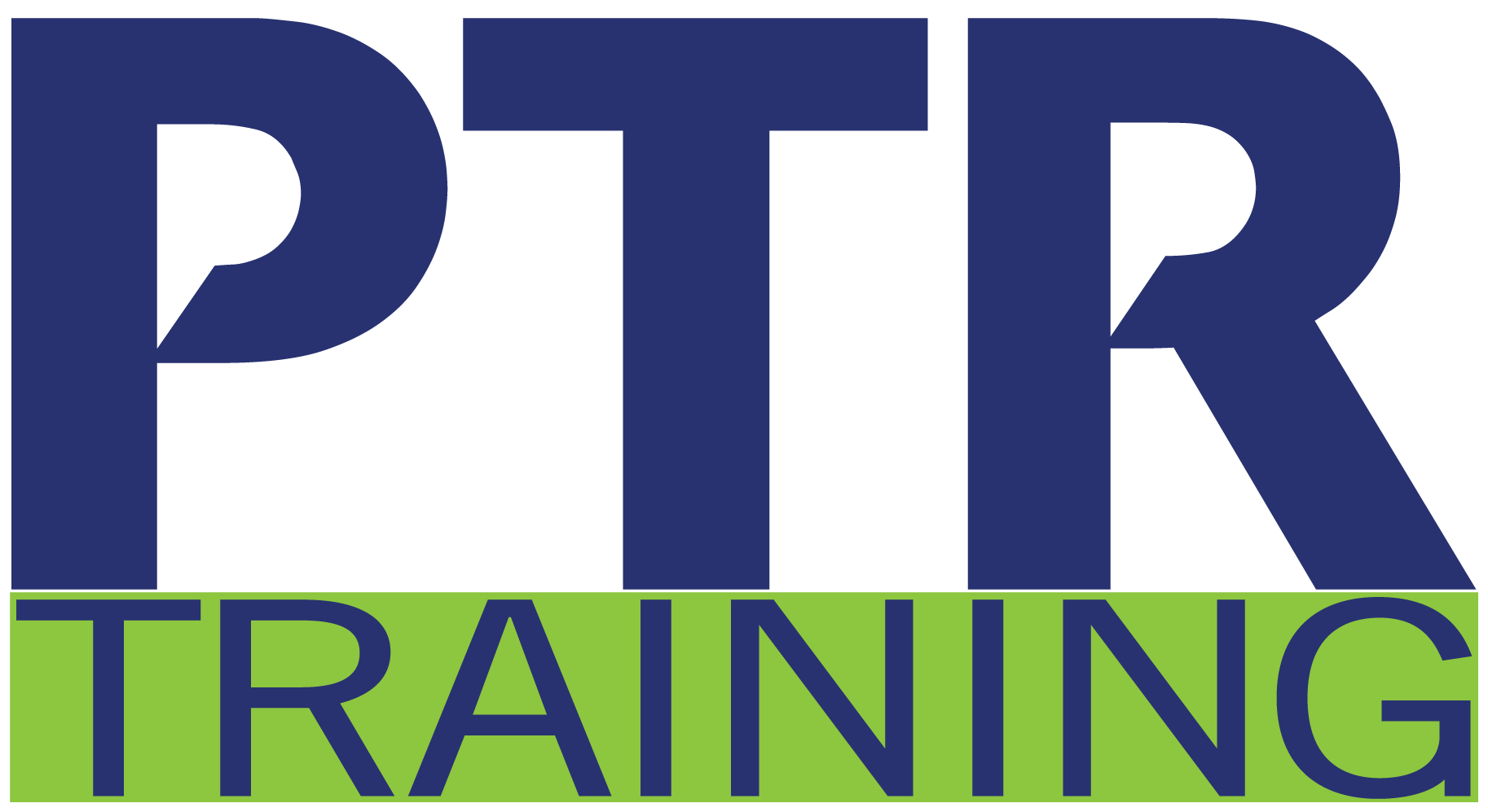Transform workplace dynamics with the power of communication, self-awareness, and empathy.
Training: 1. Interpersonal Business Communication | 2. Leadership Communication

If one of your New Year’s resolutions involves improving workplace relationships, you might be wondering, “Where do I even start?” Perhaps your boss suggested working on your “interpersonal skills.” But what does that actually mean?
Interpersonal skills are the ways you interact with others—how you manage conflict, lead effectively, listen actively, and inspire trust. While this might sound broad, two key areas to focus on for building positive relationships at work are communication skills and emotional intelligence (EI).
-
Sharpen Your Communication Skills
Gallup’s State of the Workplace report repeatedly highlights how many of us struggle with extremes in communication:
- Shaping the message: We either flood others with too much information and filler words, overwhelming the listener.
- Striking a balance: Avoid overwhelming or vague communication by delivering just the right detail.
Be clear, concise, and intentional without being overly vague or overwhelming. Here are practical ways to improve:
Adapt Your Message to Your Listener
Effective communication isn’t one-size-fits-all. To truly connect, adapt your style to the person you’re speaking with. Here’s how:
- Consider their frame of reference: Are they an expert or a novice on the topic?
- Understand their communication style: Are they fact-driven and prefer concise, bottom-line messaging? Or are they more relational, needing small talk and connection before diving into details?
Once you know these traits, package your message to meet their needs—helping keep your communication impactful.
-
Boost Your Emotional Intelligence
A cornerstone of emotional intelligence is empathy—the ability to see things from another person’s perspective and connect with their feelings. Empathy builds trust and deeper connections, but it’s often overlooked in the workplace.
How to Show Empathy in the Workplace
- Acknowledge their experience: When someone shares a struggle, listen closely to understand their perspective.
- Validate their feelings: Go beyond solving the problem. Let them know their emotions are seen and understood.
- Engage thoughtfully: If you sense someone is struggling, ask, “Would you like to share what’s going on?” Then imagine yourself in their situation and express understanding.
- Remember, it’s not our shared experiences that build stronger bonds—it’s the feelings we connect on.
The Payoff: Happier, Healthier Workplace Relationships
You'll strengthen workplace relationships by improving how you communicate—delivering clear, tailored messages—and demonstrating empathy.
The result? A more connected, productive, and positive work environment.
Transform workplace dynamics with the power of communication, self-awareness, and empathy.
Training: 1. Interpersonal Business Communication | 2. Leadership Communication

If one of your New Year’s resolutions involves improving workplace relationships, you might be wondering, “Where do I even start?” Perhaps your boss suggested working on your “interpersonal skills.” But what does that actually mean?
Interpersonal skills are the ways you interact with others—how you manage conflict, lead effectively, listen actively, and inspire trust. While this might sound broad, two key areas to focus on for building positive relationships at work are communication skills and emotional intelligence (EI).
-
Sharpen Your Communication Skills
Gallup’s State of the Workplace report repeatedly highlights how many of us struggle with extremes in communication:
- Shaping the message: We either flood others with too much information and filler words, overwhelming the listener.
- Striking a balance: Avoid overwhelming or vague communication by delivering just the right detail.
Be clear, concise, and intentional without being overly vague or overwhelming. Here are practical ways to improve:
Adapt Your Message to Your Listener
Effective communication isn’t one-size-fits-all. To truly connect, adapt your style to the person you’re speaking with. Here’s how:
- Consider their frame of reference: Are they an expert or a novice on the topic?
- Understand their communication style: Are they fact-driven and prefer concise, bottom-line messaging? Or are they more relational, needing small talk and connection before diving into details?
Once you know these traits, package your message to meet their needs—helping keep your communication impactful.
-
Boost Your Emotional Intelligence
A cornerstone of emotional intelligence is empathy—the ability to see things from another person’s perspective and connect with their feelings. Empathy builds trust and deeper connections, but it’s often overlooked in the workplace.
How to Show Empathy in the Workplace
- Acknowledge their experience: When someone shares a struggle, listen closely to understand their perspective.
- Validate their feelings: Go beyond solving the problem. Let them know their emotions are seen and understood.
- Engage thoughtfully: If you sense someone is struggling, ask, “Would you like to share what’s going on?” Then imagine yourself in their situation and express understanding.
- Remember, it’s not our shared experiences that build stronger bonds—it’s the feelings we connect on.
The Payoff: Happier, Healthier Workplace Relationships
You'll strengthen workplace relationships by improving how you communicate—delivering clear, tailored messages—and demonstrating empathy.
The result? A more connected, productive, and positive work environment.





